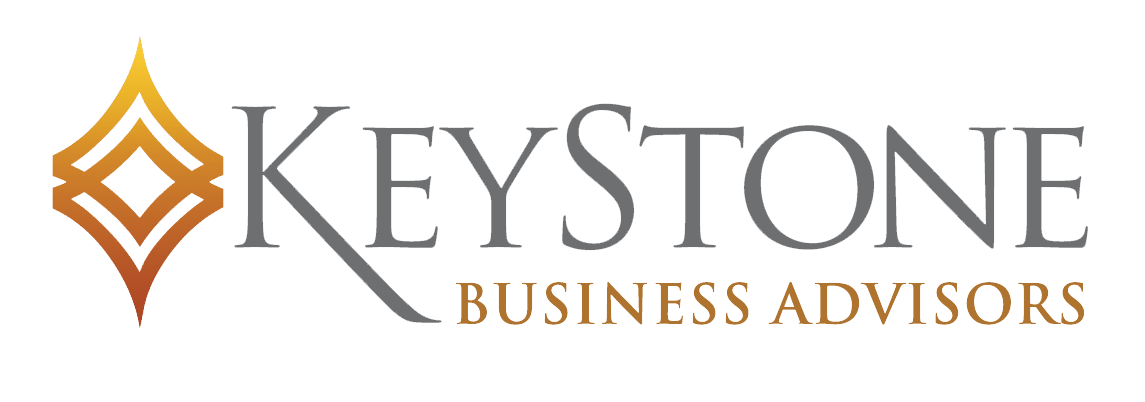6 Tips and 90 Days to Protect Your Business

There can be no way around it, Inc. contributor Brian Hamilton’s April 2020 COVID-19 centered article, “6 Actions to Take in the Next 90 Days to Save Your Business,” isn’t pulling any punches. Hamilton, Founder of the Brian Hamilton Foundation, believes that the next 90-days could be make or break days for business owners looking to navigate the choppy waters of the COVID-19 pandemic. His latest Inc. article provides readers with 6 actions they should take now to survive the economic fallout of the COVID-19 pandemic.
Tip #1 Vigorously Control What You Can
Hamilton’s first tip is to “Vigorously control what you can. Vigorously ignore what you can’t control.” As Hamilton points out, you can’t control the economy; instead, you need to focus on what you can control. His view is that there has never been a more important time to focus, “More than ever, you’ll need to go to war with things within your control.” Now is the time to exercise control.
Tip #2 Guard Morale
During tough economic times, employee morale can be a real issue. This brings us to Hamilton’s second point, “guard employee morale.” Significant drops in employee morale can lead to serious problems with your business, which is exactly what you don’t want to see right now. Hamilton notes that you have to be the general that helps his or her troops rise above potential panic.
Tip #3 Preserve Cash
Hamilton’s third tip is to “preserve cash where you can.” He states, “Right now, your motto should be: Live to fight another day.” The pandemic means that you need to keep expenses down and watch every dollar. No one knows what the next few months, or the next couple of years, could have in store.
Tip #4 Be First in Line
“Be first in line,” is Hamilton’s fourth point. Hamilton wisely pushes business owners to be the first in line for government assistance. This is very good advice, as SBA and other funds are likely to be limited.
Tip #5 Get Back to the Basics
Fifth, Hamilton recommends, “Get back to the basics…starting with monomaniacal customer service.” As always, customers, whether existing or new, are the lifeblood of your business. You can’t afford to lose customers now and for this reason, you need to have a laser-like focus on customer service.
Tip #6 Pivot your Product or Service
Hamilton’s sixth tip is to “Pivot your product or service to new conditions.” Small changes to your business can open up new streams of revenue. Even if these streams of revenue are comparatively small, they could mean the difference between sink or swim! Try to step back and look at your business with fresh eyes and strive to find ways to offer something new to your customers. Whatever you offer should be based on your existing goods and services and not require a new, large expenditure.
The COVID-19 pandemic is obviously disruptive, but it won’t last forever. Hamilton’s advice of focusing intensely on the next 90 days is sound advice. You won’t regret looking for ways to safeguard your business for the next 3 months.
Copyright: Business Brokerage Press, Inc.
The post 6 Tips and 90 Days to Protect Your Business appeared first on Deal Studio – Automate, accelerate and elevate your deal making.
Business Transaction Market Update
Transaction Growth Up More Than 41% from Same Period Last Year
Small business sales have continued to improve through 2013 and into the Third Quarter as a result of the improving overall economy, strong supply and demand fundamentals (i.e., an aging business owner demographic and an increase in the number of qualified business buyers) and continued improvement in small business performance. (more…)
Read MoreSour Year for SBA Loans Ends with Uptick
By Emily Maltby, The Wall Street Journal
October 2, 2009
The Small Business Administration ended its 2009 fiscal year on Wednesday, marking the close of a tumultuous year of lending initiatives to keep banks’ doors open. Despite the efforts to revive the credit market, the SBA approved less than 45,000 loans, down 36% compared to last year and 56% from 2007.
The loan volume reflects all the small business loans approved by lenders that are guaranteed by the government under the SBA’s flagship 7(a) lending program. In addition to the drop in number of loans that were approved to small businesses, the total dollar amount also fell drastically to $9.3 billion total, falling short of last year’s total by about $3.4 billion.
Lending, however, appeared to rebound in the later part of the year, which the agency attributes to (more…)
Retirement Plans as a Source of Business Capital
By Monty W. Walker CPA, CBI, BCB
February 26, 2009
The need to use retirement funds for the purpose of making non-publicly traded investments such as buying a building, purchasing a parcel of land or acquiring a business is growing. It is extremely common to find people whose liquidity is located primarily in qualified vehicles such as IRAs, Pensions and 401(k) rollover accounts. As people are being downsized from Corporate America, they find themselves at a crossroad of either taking the entrepreneurial road or finding another job. Many people are deciding to take control of their own destiny by starting or buying a business. Thus comes the problem.
Large bases of these people have been building retirement accounts so most of their money is located in qualified vehicles. If improperly accessed, they stand to be hit with a 10% penalty and often pay 30% or more in federal income tax. Depending on tax bracket and the state of residence, total federal and state taxes can encroach on 50%. The idea of losing from 30% to 50% on a distribution from a qualified account does not set well with most people. So, the question to be answered is, How can a person access his/her retirement funds to purchase a business (more…)
Read MoreObtaining Financing For Your Acquistion
What You Need to Know Before Getting a Loan
If you’re like most people buying a business, you’ll probably need to borrow money to complete the acquisition. Although, you may obtain seller financing or a loan from friends or family, most buyers turn to a commercial lender for financing. Although different lenders specialize in making certain types of loans, in this article we’ll spell out some of the common principles, steps and business terms you’re likely to see when dealing with any commercial lender.
The major business points to be addressed in connection with a business acquisition loan often include the amount to be loaned, the interest rate, the fees and expenses charged by the lender in connection with making the loan, the term of the loan, the obligations (covenants) you’ll have to meet while the loan is outstanding, whether or not a portion of the principal must be paid back each month, and the need for security or a personal guarantee to be posted.
All lenders have what are known as “underwriting guidelines”. These guidelines set out the facts and circumstances (more…)
Read More